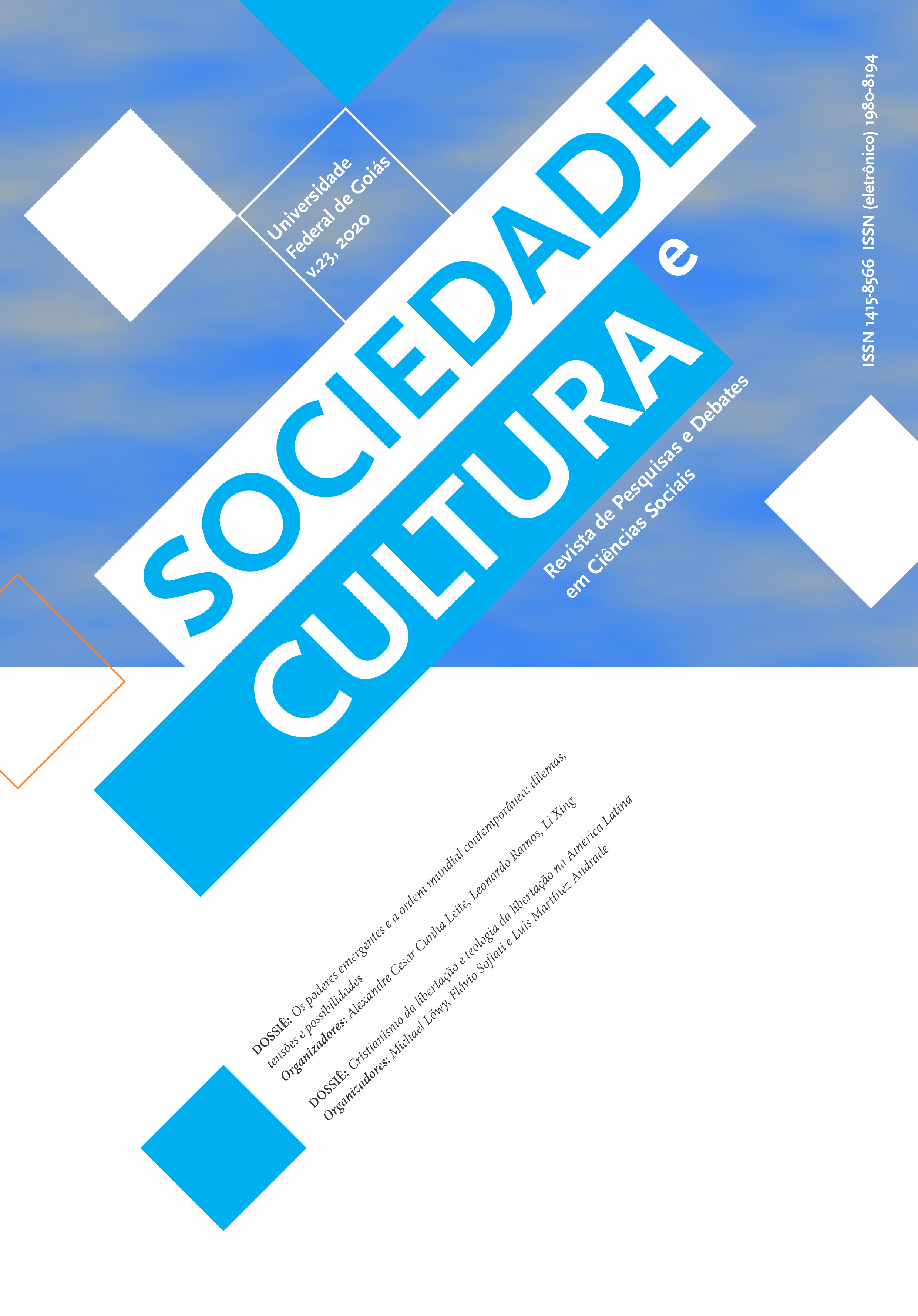Comportamento eleitoral nas eleições suplementares para prefeito no Brasil (2013-2015)
DOI:
https://doi.org/10.5216/sec.v23i.55590Palavras-chave:
eleição suplementar, abstenção, voto inválido, voto em branco, voto nuloResumo
O artigo aborda as 113 eleições suplementares para prefeito, realizadas no Brasil, no período 2013-2015, com a intenção de analisar o comportamento dos eleitores. Compara os índices de abstenção, de votos inválidos (em branco e nulos) com os da disputa anulada para verificar se a disposição do eleitorado se manteve ou se alterou, assim como apreciar de que modo se deram as eventuais mudanças. Os resultados indicam o aumento da abstenção e dos votos nulos, mas a redução dos votos inválidos e dos em branco. As fontes principais são o Tribunal Superior Eleitoral (TSE) e o portal G1, para obter as informações sobre os resultados dos pleitos.
Downloads
Downloads
Publicado
Como Citar
Edição
Seção
Licença
Autores/as que publicam nesta revista concordam com os seguintes termos:
- Autores/as mantêm os direitos autorais e concedem à revista o direito de primeira publicação, sendo o trabalho simultaneamente licenciado sob a Creative Commons Attribution License, o que permite o compartilhamento do trabalho com reconhecimento de autoria e da publicação inicial nesta revista.
- Autores/as têm autorização para assumir contratos adicionais separadamente, para distribuição não exclusiva da versão do trabalho publicada nesta revista (ex.: publicar em repositório institucional ou como capítulo de livro), com reconhecimento de autoria e da publicação inicial nesta revista.
- Autores/as têm permissão e são estimulados/as a publicar e a distribuir seu trabalho online (ex.: em repositórios institucionais ou na sua página pessoal) a qualquer ponto antes ou durante o processo editorial, já que isso pode gerar alterações produtivas, bem como aumentar o impacto e a citação do trabalho publicado (veja O Efeito do Acesso Livre).


 Esta revista está licenciada sob a licença
Esta revista está licenciada sob a licença 
